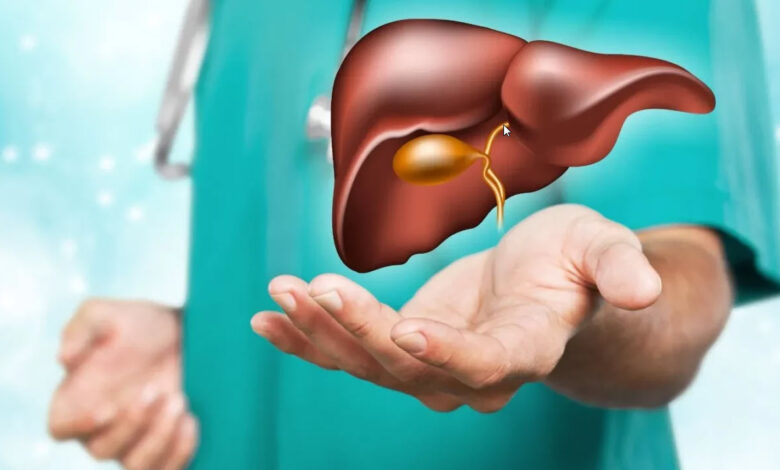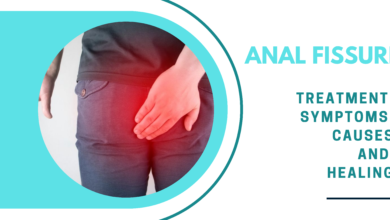What Are the Most Effective Treatments for Hemolytic Uremic Syndrome, and How Can They Improve Outcomes?

The name might sound scary, but learning about hemolytic uremic syndrome treatments is very important. HUS is not common, but it’s a serious illness that can harm your blood and kidneys. HUS happens when tiny blood vessels in your kidneys get hurt and swollen, which breaks down blood cells and can damage your kidneys. Hemolytic uremic syndrome usually starts from eating food with harmful bacteria, especially E. coli. While it can happen to anyone, it mostly affects the kidneys, though it can also harm other body parts like the heart and brain. Special treatment is needed to avoid complications and help the patient recover.
This post explains everything about HUS – how doctors find it, treat it, and what to expect. It is helpful if you have HUS, or taking care of someone who has it, or just want to learn more about it.
What is Hemolytic Uremic Syndrome?
HUS starts when tiny blood vessels in your kidneys get hurt and swollen. This damage causes blood cells to clog these vessels, leading to serious kidney problems. Your kidneys have tiny blood vessels that can get blocked, like a clogged pipe. When this happens, your kidneys cannot clean the blood properly. This condition affects three vital parts of your body. It causes your red blood cells to break down faster than normal, lowers your platelet levels – the cells that help your blood clot, and makes it harder for your kidneys to filter waste.
What are the various types of hemolytic uremic syndrome?
There are three types of hemolytic uremic syndrome.
- Typical HUS – This is the most common type. It usually happens after a bacterial infection in your bowels (small and large intestine).
- Atypical HUS – This type is inherited from a parent.
- Secondary HUS – This type occurs along with other health conditions.
What are the main signs of hemolytic uremic syndrome?
Usually, people get HUS after getting sick with a stomach infection. Common signs include:
- Severe stomach pain and diarrhoea.
- Feeling very tired.
- Pale skin.
- Fever.
- Small bruises or unusual bleeding.
- Rapid heart rate.
- Stroke.
- Headache.
- Swelling, especially in the legs.
- Less urination than normal.
Why Early Diagnosis is Important?
Early detection and care of HUS help patients recover better.
Treatment for hemolytic uremic syndrome works best when started as soon as possible. Doctors use a combination of tests to diagnose HUS, such as blood tests, stool tests, genetic tests, and urine tests. Quick diagnosis will help protect the kidneys from severe damage, prevent any serious complications, and reduce the need for long-term treatments,
If diagnosed promptly, the chances of recovery increase significantly, especially when managed at the best kidney hospital in India under experienced specialists.
Most Effective Treatments for Hemolytic Uremic Syndrome
The right hemolytic uremic syndrome treatment depends on the severity of the condition.
Below are the most effective options.
Tube feeding and or Intravenous (IV) fluids.
IV fluids keep you hydrated, and tube feeding provides the nutrients your body needs.
Medications.
Doctors give you medicine to keep your blood pressure normal and protect your kidneys. Targeted drugs work well if your HUS is caused by family genes or immune system problems. This medication reduces inflammation in blood vessels and prevents further damage, making it one of the best treatments for hemolytic uremic syndrome.
Blood transfusions.
If you have HUS, getting red blood cells and platelets is vital. Red blood cells can help with Anaemia symptoms like fast heartbeat and Trouble breathing. Platelets help your blood clot, especially if bruising easily or bleeding.
Dialysis
If your kidneys are badly damaged, you might need dialysis to clean your blood while they heal.
Receiving these treatments at the kidney hospital in India, under the care of skilled specialists, ensures better recovery and minimizes long-term complications.
How to Improve Recovery and Results
You can heal from Hemolytic Uremic Syndrome without any long-term health issues. Around 20% to 50% of children with HUS develop mild chronic kidney disease, and 3% to 5% may experience kidney failure. In adults, about 45% are found to have chronic kidney disease. Over 85% of people with HUS fully recover their kidney function. However, even after recovering, some may face high blood pressure or other kidney issues later.
Getting better from HUS takes time and careful attention. Here is what helps.
- Early treatment helps you heal better and increases your chances of getting well.
- A team of doctors specializing in kidneys and blood work together to help you get better.
- Modern hospitals have new medical equipment and treatments for HUS. They use special procedures to clean your blood and give you medicines that target the problem.
- Seeing your doctor regularly and changing your daily habits can stop kidney problems from worsening over time.
Act Early for Better Health and Faster Recovery
Taking action immediately is imperative for fighting HUS effectively. HUS is a serious illness, but acting early and following proper treatment can help you get better. If you think you may have HUS, it is important to learn what signs to watch for. Go to the doctor right away if you feel something is wrong. Once you start treatment, follow everything your doctor tells you, go to all your checkups, and keep your doctor updated. With the right treatment, most people with HUS recover and go back to their normal lives. The key is getting the right treatment at the right time and following through with all aspects of care.




